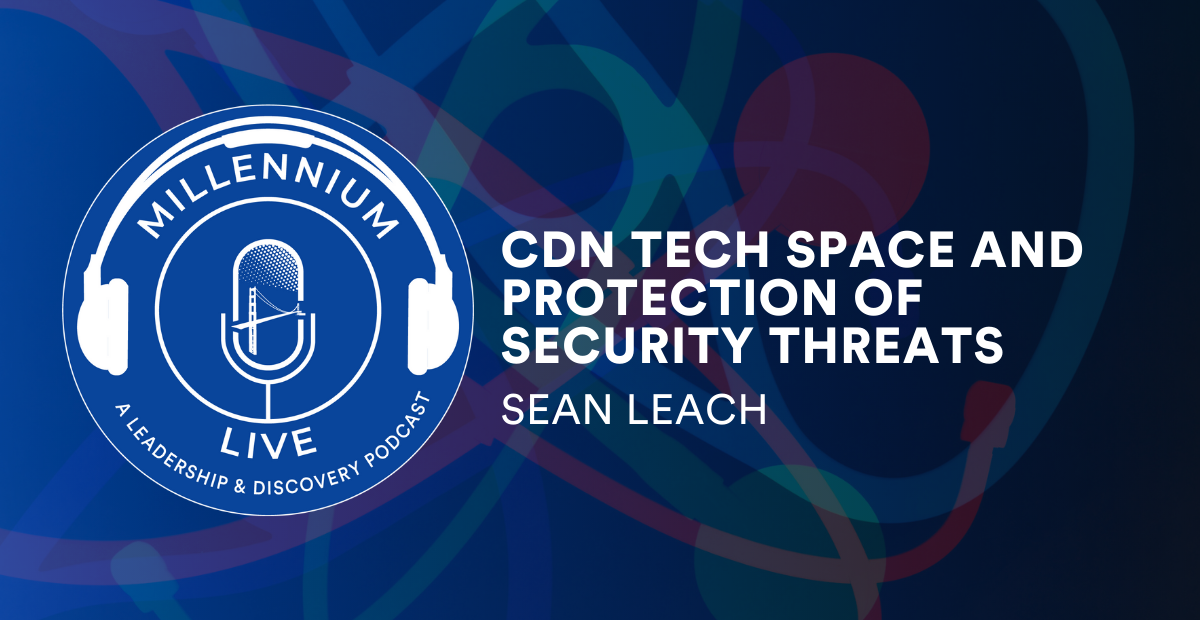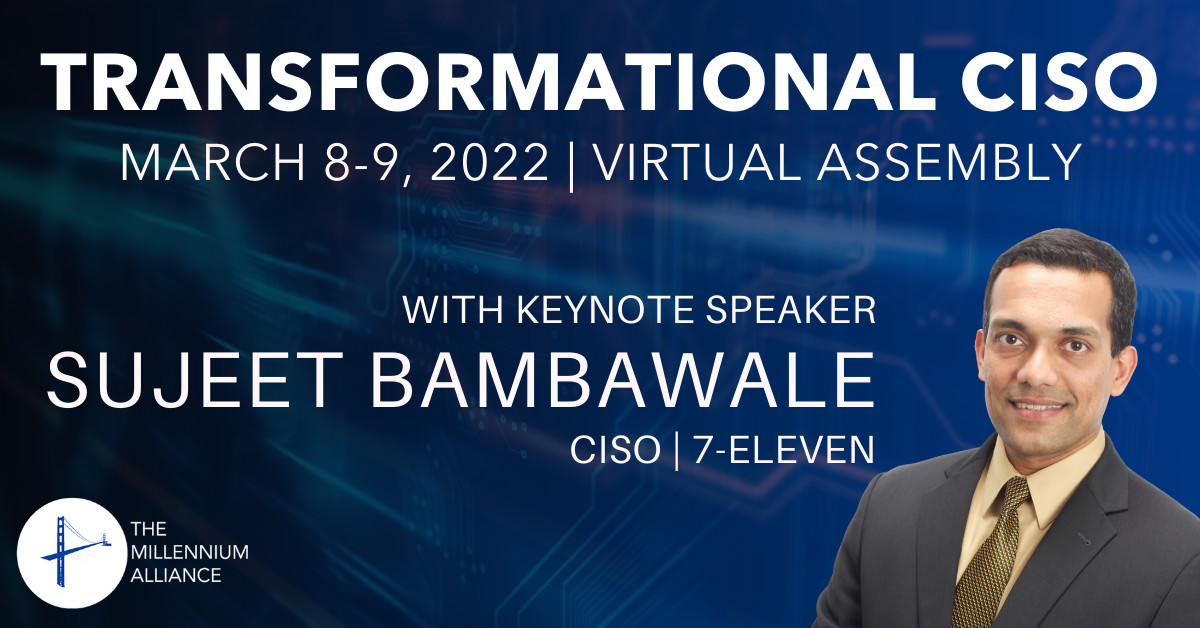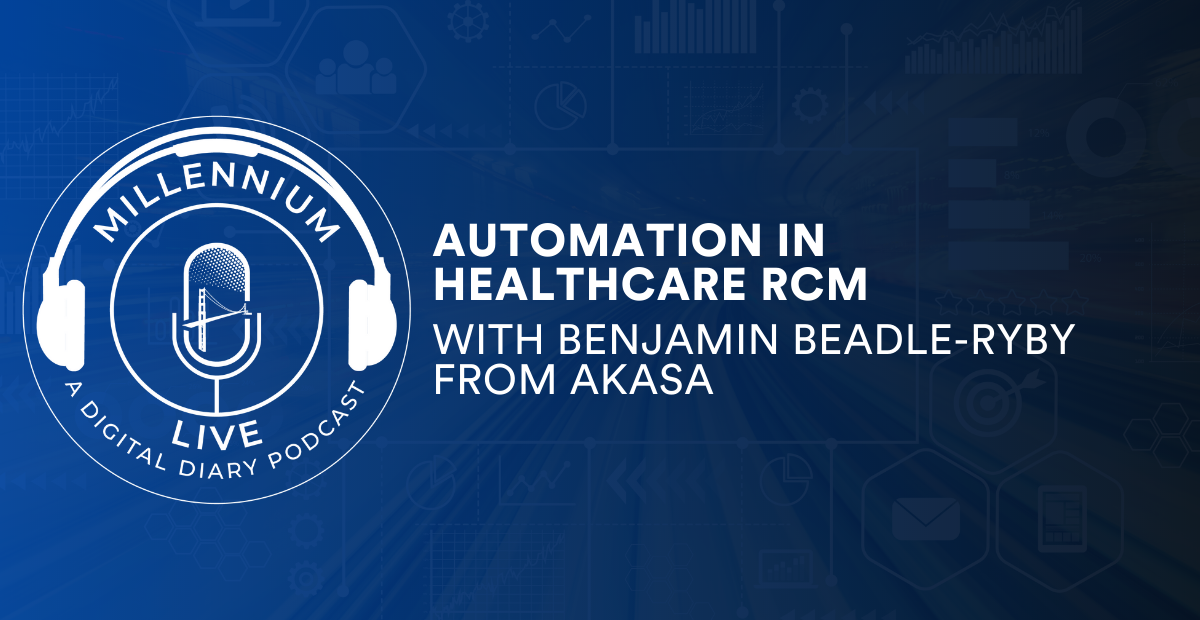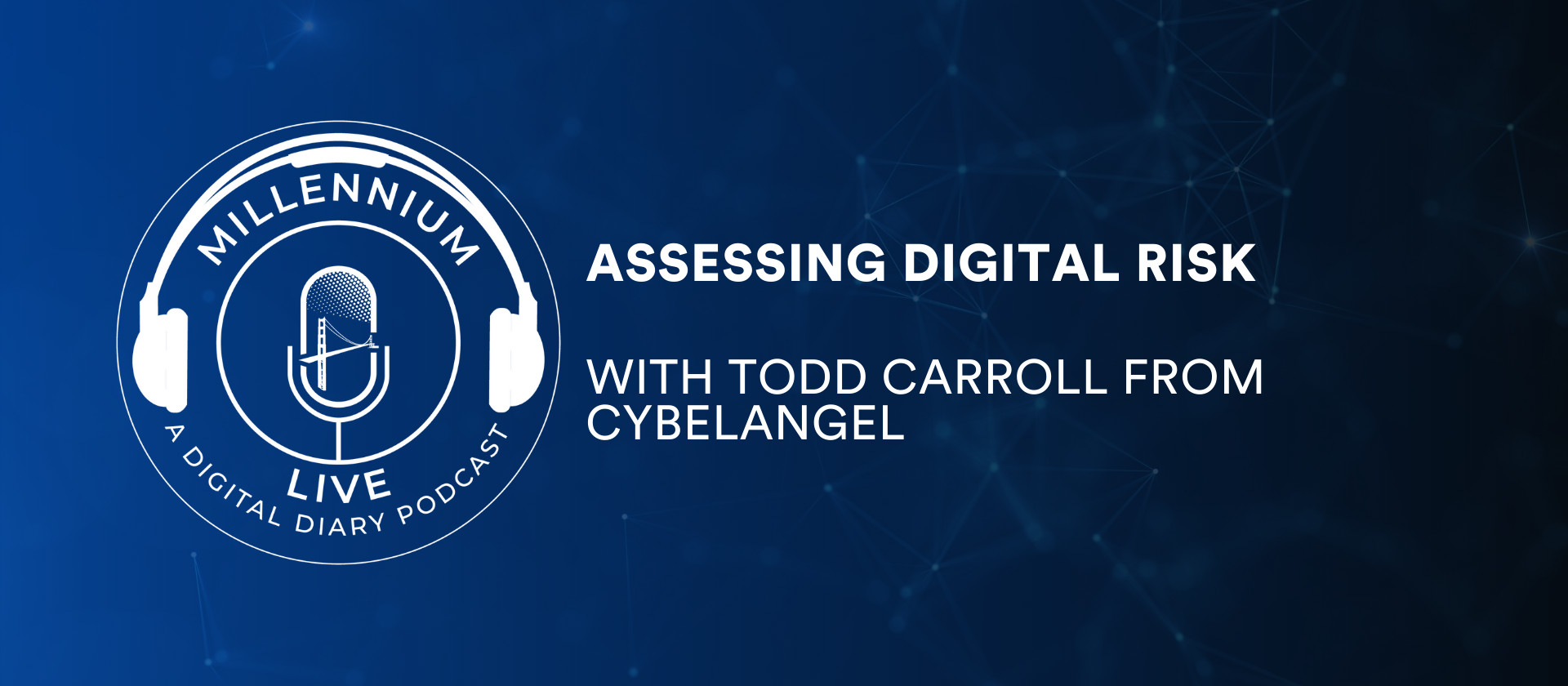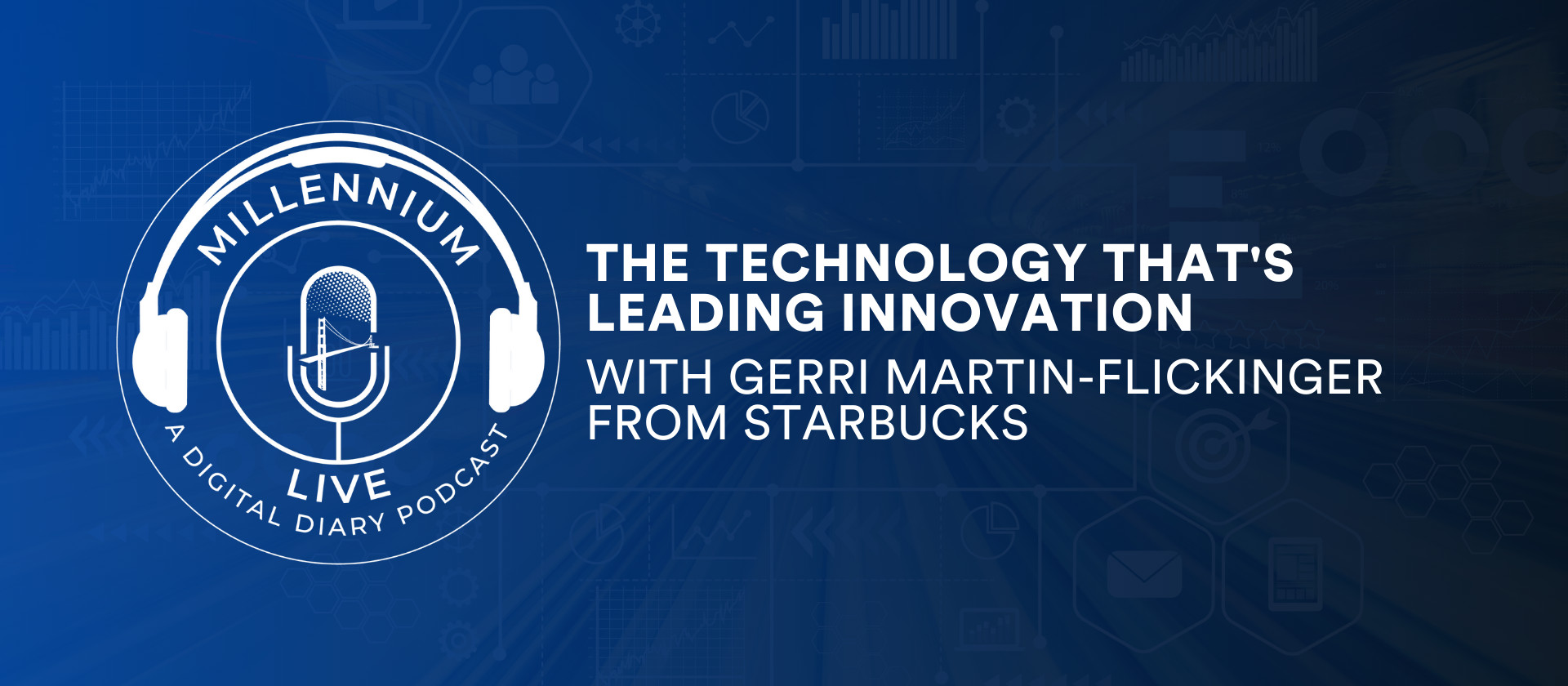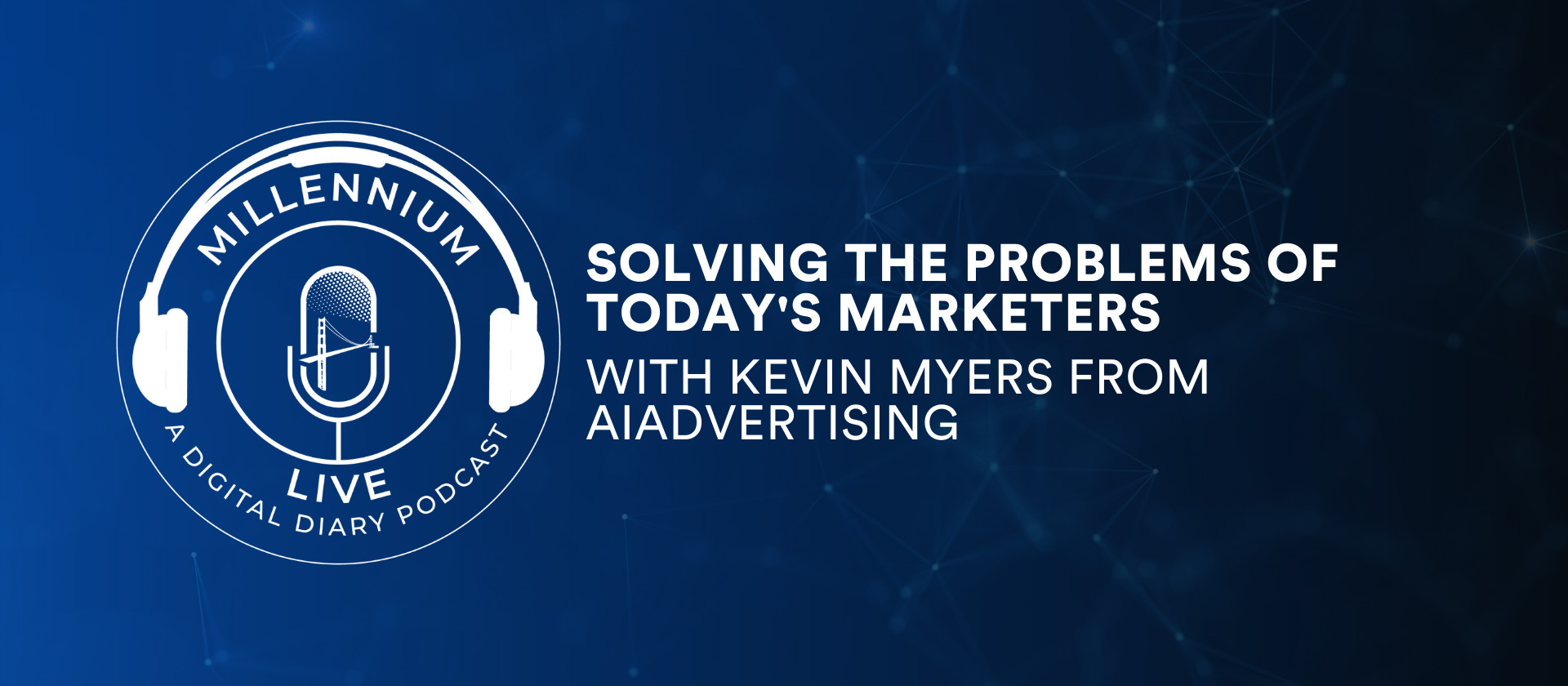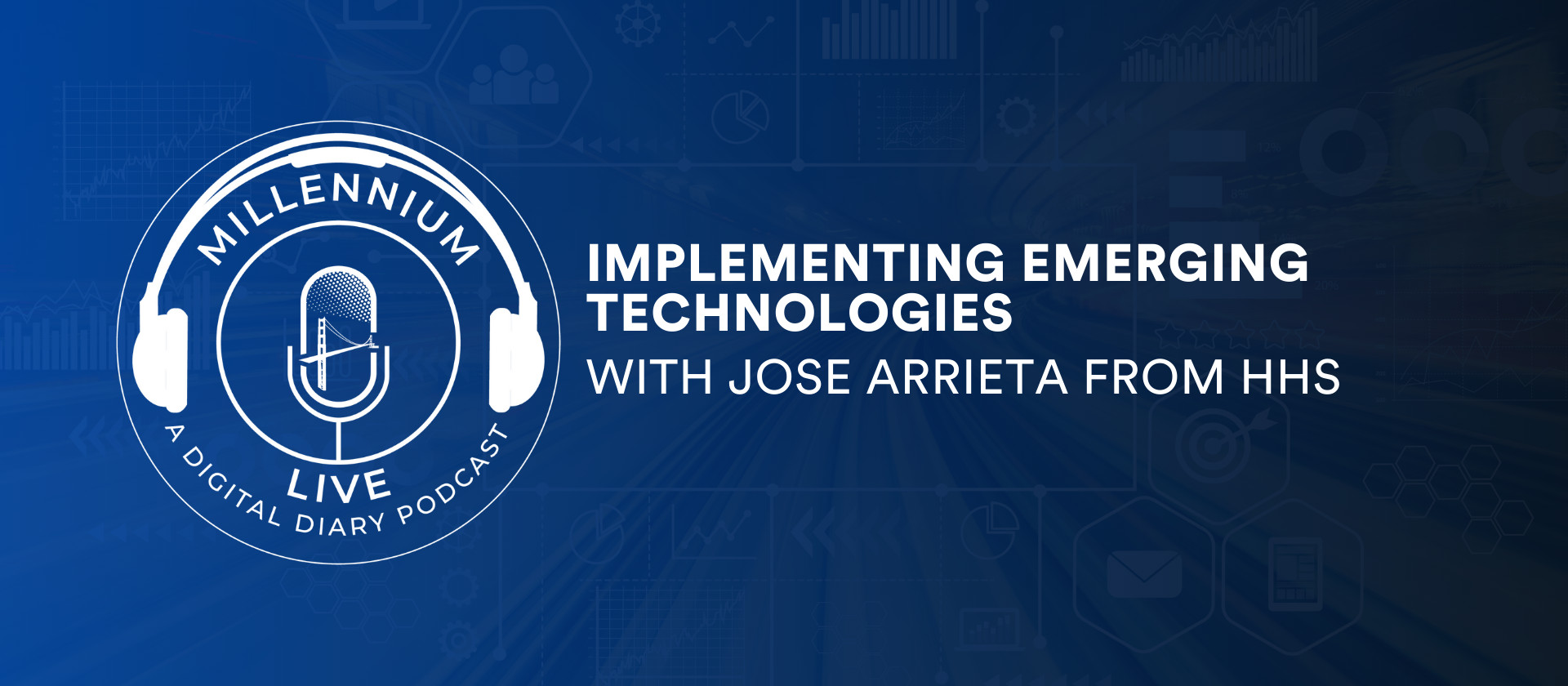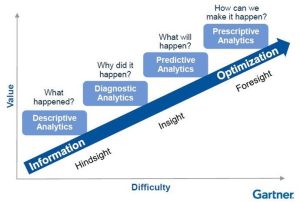NEW YORK – January 20, 2022 – The Millennium Alliance, an invitation-only organization for Senior-Level Executives and Business Transformers, has had the privilege over the past eight years of collaborating with many of the most accomplished C-Suite executives from across the globe. Millennium is excited to announce that its Co-Founder Alex Sobol is one of the newest members of the prestigious Young Presidents’ Organization (YPO), where he will have the ability to build relationships with even more of the world’s top leaders. With over 30,000 members across 142 countries, totaling $9 trillion in combined revenue from YPO member-run companies, the opportunities to network with and share ideas with such an extraordinary leadership community are endless.
“I am really excited about joining YPO and being a part of the NJ chapter. Even in the few short months that I have been a member, I have met so many great people and participated in some very innovative events. Very much looking forward to what’s to come in the future and plan to contribute in a positive way.” – Alex Sobol, Co-Founder, The Millennium Alliance.
The entire Millennium Alliance team looks forward to following Alex’s journey as he continues to expand his perspectives and elevate his leadership. This will only help the organization as they prepare for a year full of growth and expansion, to put themselves in a position to top their most successful year in company history in 2022.
For more information or to get in contact with The Millennium Alliance directly, contact info@mill-all.com.
ABOUT YPO
YPO is the global leadership community of more than 30,000 chief executives in 142 countries who are driven by the belief that the world needs better leaders. Each of our members have achieved significant leadership success at a young age. Combined, they lead businesses and organizations contributing $9 trillion in annual revenue. YPO members become better leaders and better people through peer learning and exceptional experiences in an inclusive community of open sharing and trust.
ABOUT THE MILLENNIUM ALLIANCE
The Millennium Alliance is a leading technology and business educational advisory firm with the sole mission of helping to transform the digital enterprise. Through our executive education platform, peer-to-peer learning model via our senior-level Assemblies, exclusive research projects conducted with Ivy League academic institutions, and our numerous digital properties, we have become a trusted source for real-world tangible learning and engagement opportunities for senior executives and their technology partners.
This all started in 2014 when our founders, Alex Sobol & Rob Davis, decided to create the most intimate, high-level & exclusive in-person and online thinktank for leaders in a wide variety of industries within both the private and public sectors: The Millennium Alliance. Since its founding, Millennium has built a strong reputation nationwide, now with thousands of engaged Members, and was recently featured on the Inc. 5000 list of fastest-growing companies. The Millennium Alliance is headquartered in Midtown Manhattan with offices in Austin, TX.
Building upon its award-winning conference and executive education businesses, today, The Millennium Alliance continues to stay connected with its C-Suite Members and partners through intimate In-Person and Virtual Assemblies, industry-leading Executive Education Opportunities, and by providing exclusive industry insights from the nation’s leading academics, business leaders, and technology providers via our 50+ annual events and The Digital Diary Content Platform, as well as the rapidly growing #MillenniumLive Podcast Series.

